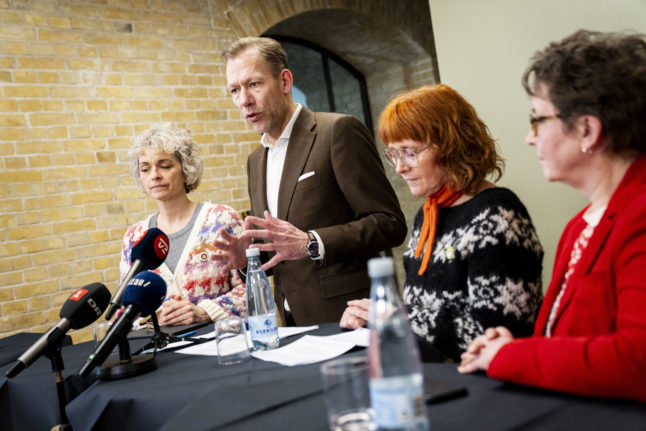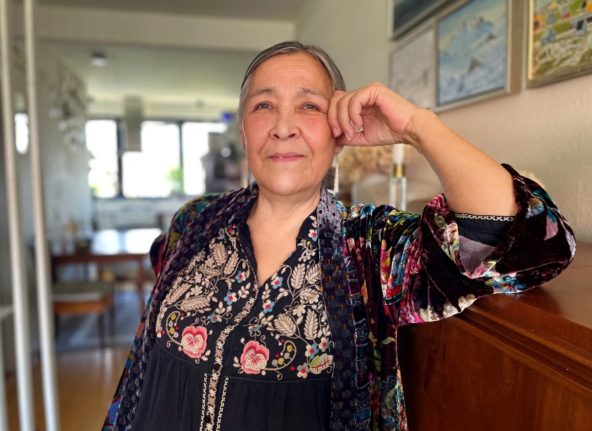Danske Regioner, the governing body for health services, said on Monday that an agreement had been reached with the so-called “Sundhedskartellet”, a group of eight trade unions representing health sector professionals including nurses.
A key element of the new agreement is that it will reward nurses who work irregular shift patterns as well as night and weekend shifts, according to broadcaster DR’s report of the agreement.
“A nurse who is on shift 300 hours of the year, which corresponds to 40 [irregular] shifts per year, and has four years’ work experience, will get 6,200 kroner more per month when we put this agreement together with the tripartite agreement,” Danske Regioner negotiator Heino Knudsen said, referring to a broader collective bargaining agreement for the health sector which was announced last week.
Nurses with more regular shift patterns could also get as much as 4,400 kroner more per month if they have four years’ experience, DR writes.
“We have prioritised salary development at the start of careers, we have prioritised experience, and for several groups we have prioritised pension,” the head of nurses’ trade union DSR, Dorthe Boe Danbjørg, said to DR.
READ ALSO: EXPLAINED: What is a Danish collective bargaining agreement?
Last week, a new pay deal was announced that will see a broad 8.8 percent salary increase in healthcare over the next two years.
This agreement set aside a so-called “organisational fund” of two percent for further negotiation of working terms for specific professional groups. It is this money which was the subject of the negotiations and agreement for nurses which was completed on Monday.
Some 90,000 healthcare professionals, including nurses, are covered by the new agreement. Other professional groups include publicly employed dental nurses, podiatrists, bioanalysts and radiographers.



 Please whitelist us to continue reading.
Please whitelist us to continue reading.
Member comments